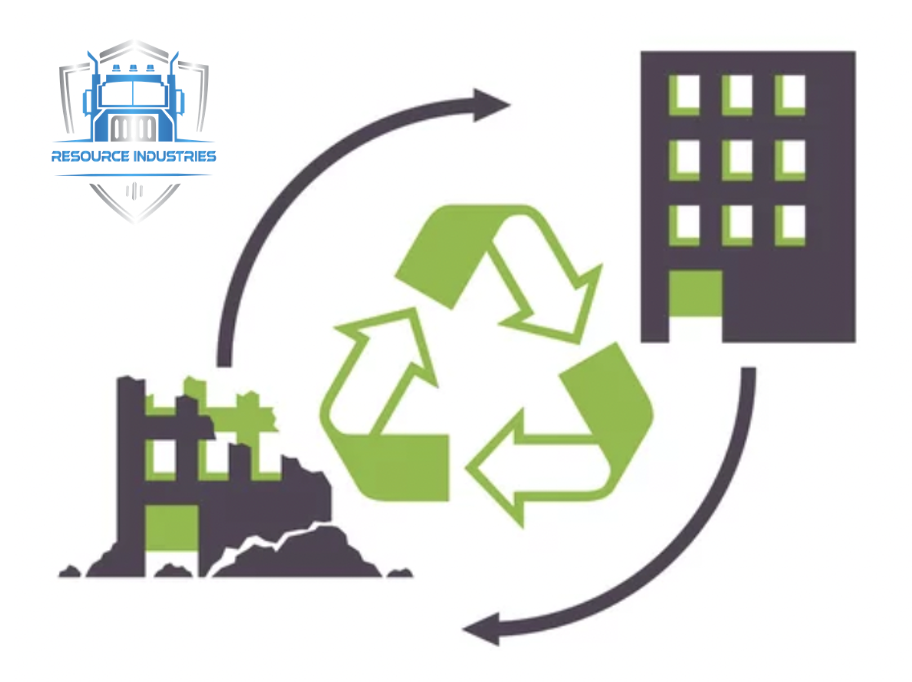Sustainable Sourcing of Aggregate Materials

Sustainable sourcing of aggregate materials is becoming increasingly important in the construction industry. Aggregate materials, such as gravel, sand, and crushed stone, are essential for a wide range of construction projects, from concrete production to road building. However, traditional sources of these materials, such as quarries and sand pits, can have a negative impact on the environment and local communities.To minimize these impacts and promote sustainability, it's important for construction companies to consider the environmental and social impacts of their aggregate material sourcing. Here are a few ways to do this:
- Use recycled materials: One of the most sustainable options for sourcing aggregate materials is to use recycled materials. Many construction and demolition (C&D) waste materials, such as concrete and asphalt, can be recycled and used as aggregate. Using recycled materials not only conserves natural resources, but it also helps reduce the amount of waste that ends up in landfills.
- Source materials locally: Sourcing aggregate materials locally can help reduce the environmental impacts of transportation. It can also help support local businesses and communities. Look for suppliers who operate quarries or recycling facilities in close proximity to your construction site.
- Consider the lifecycle of the materials: When choosing aggregate materials, it's important to consider the entire lifecycle of the materials, from extraction to disposal. Look for suppliers who use sustainable extraction methods, such as those that minimize waste and minimize impacts on the environment.
- Follow industry standards and regulations: There are various industry standards and regulations that can help ensure the sustainability of aggregate material sourcing. For example, the Construction Materials Recycling Association (CMRA) has established guidelines for the use of recycled materials in construction. Adhering to these standards can help ensure that you are using materials in a responsible and sustainable manner.
By following these tips for sustainable sourcing of aggregate materials, construction companies can help minimize their environmental impacts and support the long-term sustainability of the industry.


